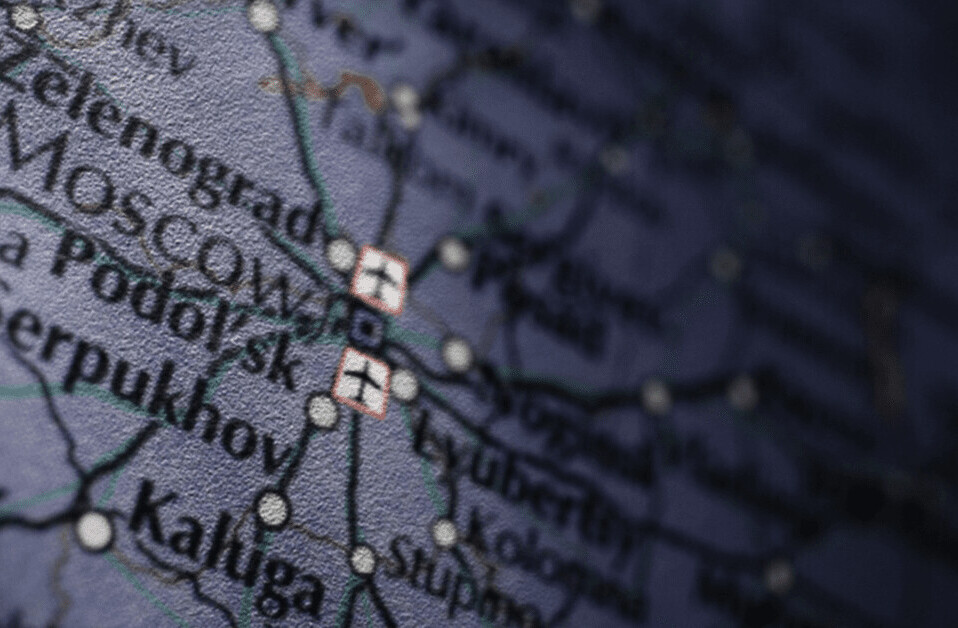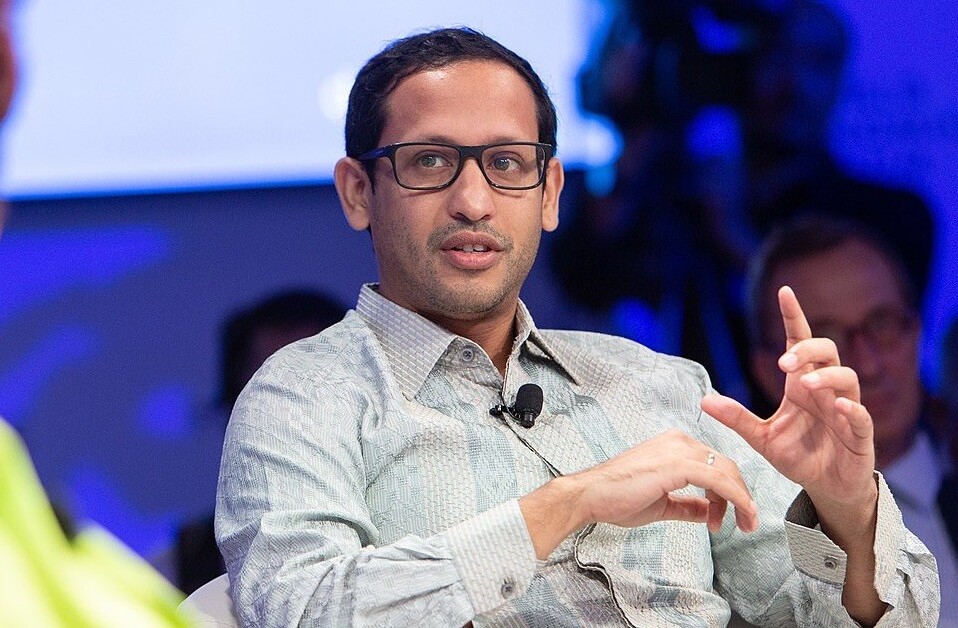
The Singapore government has taken steps to supervise websites that cover local news, which is likely to stir up a heated debate about press freedom in the city-state.
The Media Development Authority said in a press statement that sites reporting an average of at least one Singapore-related news article per week over two months, and which get 50,000 unique IP addresses from Singapore each month, will need an individual licence.
“This will place them on a more consistent regulatory framework with traditional news platforms which are already individually licensed,” the MDA said in its statement.
Singapore’s TODAY newspaper reported that currently ten websites will be included in this new ruling. With the exception of Yahoo! News Singapore, the rest of the news websites all belong to major broadcasters or publishers in Singapore, which are already licensed. These include websites under the English dailies The Straits Times and Business Times, as well as Asian TV station Channel NewsAsia.
Under the new licence, online news sites need to comply within 24 hours to remove content that is found to be in breach of standards, the MDA said. Furthermore, these sites now have to put up a performance bond of S$50,000 (almost US$40,000), like all other individually-licensed broadcasters.
Singapore has been routinely criticised for its lack of press freedom, and this latest step will no doubt raise further concerns regarding media curbs. The Internet has typically been viewed as a medium with more freedom of expression in Singapore, and stepping in to enforce rules is a strong indication that the government is keen to crack down on unsavoury content – which would likely be related to racial and religious issues (such issues are highly sensitive in the multi-racial city-state), but could easily cross over into politics.
In the recent 2012/2013 Press Freedom Index released by non-governmental organisation Reporters Without Borders earlier this month, Singapore fell 14 places to a record low position of 149 -wedged between Russia and Iraq. In all, 179 countries were ranked.
There have also been several instances of the Singapore ruling party filing lawsuits against comments it deemed inaccurate. Earlier this year, Singapore prime minister Lee Hsien Loong took legal action against a blogger, Alex Au, for a post that the ruling party deemed could be interpreted as corruption allegations.
Headline image via Thinkstock
Get the TNW newsletter
Get the most important tech news in your inbox each week.





